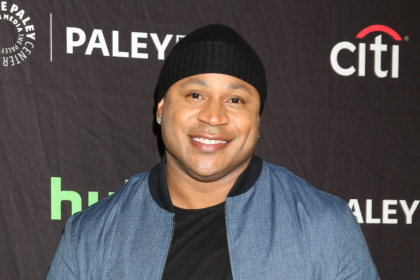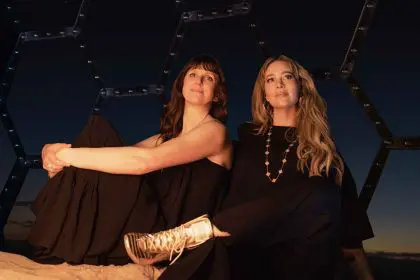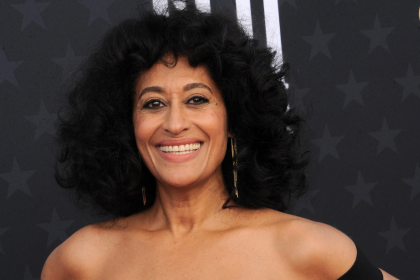
Black artists have always fueled the music industry. In 2018, hip-hop surpassed rock to become the biggest selling music genre in America, according to Nielsen Music. But while major record labels such as Universal Music Group, Warner Music Group, Atlantic Records, Sony Music, and Island Records all benefit mightily from the contributions of Black artists, songwriters and producers, the companies often lack diversity when it comes to the executive and entry-level hiring.
During a recent interview on rolling out‘s “AM Wake-Up Call,” music industry veterans Amir Boyd, senior national director of promotions for Interscope Records; and Jason Geter, music executive and serial entrepreneur, discussed why racial inequities persist in the music industry.
Why is there a lack of diversity when it comes to Black executives in the industry?
Amir Boyd: I’m in a building that lacks Black representation. We have 30 departments and only four people of color head those departments. Considering that Black culture keeps the lights on in that building, that’s ridiculous. With everything that’s happening, it’s making everyone look at themselves in the mirror so those conversations need to be had. It needs to change that starts on another level. There should interns that look like us. Interns come in and don’t look like me or know my culture. I went to an HBCU so I want to make sure that people who look like me, see people who like me. I have friends at every single record label and everyone is having the same conversations.
Jason Geter: I’ve been in the business for 20 years. It starts at the top. Hip-hop is the biggest [music] in the world. Black music has been huge forever. When it comes to chairmen and people who run the record labels, that’s when it changes. It’s always been frustrating. When you walk through buildings, it’s amazing that [there is] still racism and classism. People who work in the same buildings don’t talk to each other outside of the meetings. It sucks to have someone who is not from your culture try to tell you about your culture. They have no idea what Black people want. We know that lots of corporations have been trying to give money, but I hope it’s a real thing. I hope they’re giving jobs.
AB: I had the opportunity to work for the last Black check writer in the business, which was L.A. Reid when he was the head of Epic Records. I felt proud to be able to say that. Some people in the business who are White have always been in the culture, so I’m not talking about them. I’m talking about the people who don’t see Black people until they go to work. And when they leave work, they don’t see any more Black people.
What should be done to help change racial inequities at major record labels?
JG: It starts at the top. There is no reason why Black music is the No. 1 music and no Black people are on the board of directors. Until that happens, [there] won’t be any CEOs, SVPs, or anyone at the table who is thinking about our interests. They’ll put their friends in powerful positions. We’ve seen White people play hip-hop for a period of time and change themselves after a few years. We don’t have a choice, this is our life.












